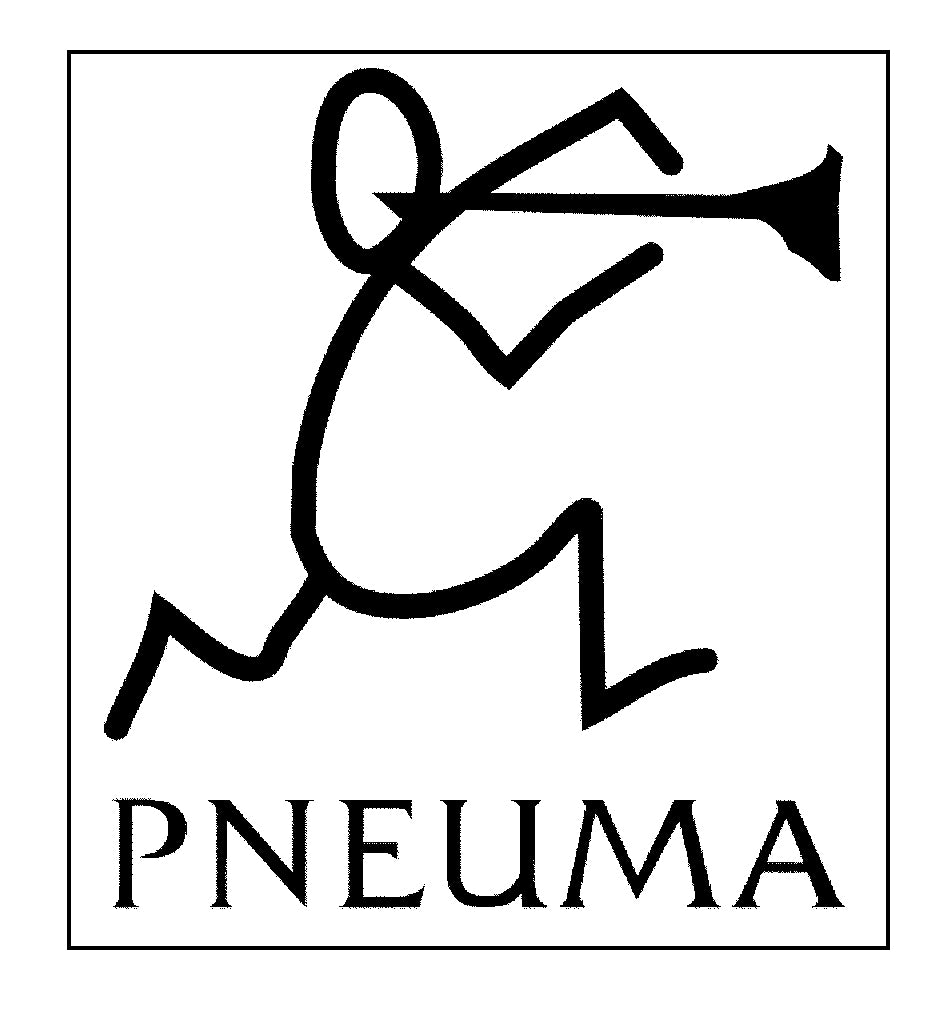VIAJE DE LAS ALMAS • TRAVELLING SOULS
PN-1250
1 Viaje de las almas Travelling souls 14.54
2 Al-Andalus abre sus puertas Al-Andalus opens its gates 6.33
3 El camino a Shaqlawa The path to Shaqlawa 8.21
4 La sabiduría de mi abuelo My grandfather’s wisdom 4.49
5 Nostalgia de Córdoba Nostalgia for Cordoba 13.50
6 Hammurabi Hammurabi 4.53
7 Para Túnez For Túnez 12.13
DDD 65:49
Naseer Shamma: Laúd (Lute)
Ashraf Sharif Khan: Sitar
Shahbaz Hussain: Tabla
Sonido Hugo Westerdahl
Grabado el 6-02-2011 en Madrid
Producción: Eduardo Paniagua
ENGLISH AND ARABIC COMMENTARY INSIDE
Depósito Legal: M-12420-2011
Portada: Aves, libro de Baber, Kabul siglo XVI • Bandeja: Jahangir de Agra abraza a Shah Abbas de Persia, h. 1620
Arabic translation: Bahira M. Abdulatif • English Translation: Lesley Ann Shuckburgh • Desing: Pneuma Almanzora 49, 28023 Madrid • tel 34.913079377 •
Producción: EDUARDO PANIAGUA • 2011 PNEUMA • All Rights Reserved • MADE IN SPAIN
El laúd iraquí se encuentra con el sitar de Pakistán.
Un diálogo amoroso de dos instrumentos de la familia del laúd arropados por la tabla hindú. Tres músicos extraordinarios y una música sublime. Pneuma recoge feliz esta tercera grabación en Madrid de composiciones de Naseer Shamma con producción de Eduardo Paniagua.
Anteriores son: PN-480 Maqamat Ziryab y PN-760 Hilal.
El laúd, el sitar y la tabla hindú son los instrumentos protagonistas de esta obra musical. Les une el encanto de Oriente: su delicadeza, su filosofía y su alma. A través de esta música quisiera expresar la sencillez de la experiencia de la introspección en lo más profundo de mi alma, en aras de purificarla de todo lo que la puede perturbar o encadenar. Esta música estimula y conduce al estado de meditación, y su intención es facilitar al oyente la posibilidad de recibir la energía de la luz del universo.
La música embellece las almas y convierte nuestro mundo en un espacio más inocente, más nítido y más profundo.
La música siempre ha sido, y seguirá siendo, el secreto de la belleza de Oriente, por ello deseo que este encuentro musical sea, también para vosotros, un espacio para amarnos unos a otros, un poco más. Nuestro camino hacia este encuentro es la música.
Naseer Shamma
Ashraf Sharif Khan: Sitar
Reconocido como un genio musical, es el tercer hijo del maestro del sitar Ustad Muhammad Sharif Khan Poonchwala. Creció en una dinastía de músicos que transmiten la enseñanza de padre a hijo en la escuela "saini gharana" que se remonta al tiempo de los emperadores Mogoles del Sur de Asia. Ashraf combina las técnicas ancestrales del sitar con la expresión musical contemporánea y el dinamismo rítmico. Después de su primera actuación en 1979 a la edad de 10 años en Lahore, ha realizado varias giras por Pakistán, recibiendo en 1990 los premios Khwaja-Khurshid-Anwar y Hazrat-Amir-Khusro. En 1992 fue seleccionado por la United States Information Agency para representar a Pakistán en el Festival Internacional del Sonido en Louisville, Kentucky (USA). En 1997 ha recibido el premio a la excelencia musical de la Universidad Colombo de Kelaniya (Sri Lanka). Ashraf ha actuado en las ciudades más importantes de Pakistán, Sri Lanka, Europa, Estados Unidos, Norte de África y Japón. Actualmente está afincado en Hamburgo, dedicándose a su carrera de solista y a la interpretación de otros ámbitos musicales como el jazz y las músicas del mundo.
Shahbaz Hussain: Tabla
Está entre los virtuosos de la tabla, instrumento de percusión del norte de la India compuesto por un tambor de madera llamado sidda (tabla, tablá, dayan o dahina) y otro metálico llamado dagga (bayan). Shahbaz Hussain empezó a estudiar con su padre Ustad Mumtaz Hussain. Años más tarde fue alumno del legendario maestro Ustad Faiyaz Khan en la escuela “gharana” de Delhi. Posteriormente se perfeccionó con Ustad Shaukat Hussain Khan de la escuela “gharana” del Punjab y finalmente con Ustad Allah Rakha Khan. Shahbaz Hussain ha tocado con los artistas más importantes de la India y de Pakistán, y en los teatros más prestigiosos del mundo como el Smithsonian Institute en Washington D.C., Queen Elizabeth Hall en Londres, el Lincoln Center de Nueva York o el Royal Albert Hall.
Shahbaz compagina la carrera de instrumentista con la enseñanza en la Rochdale Music Service, así como en la Residencia SAA-uk's Raga Muffins Musical.
Naseer Shamma: Laúd
Nació en 1963 en Al-Kut, al sur de Bagdad. A los 5 años descubrió su vocación por el laúd y a los 11 años se reveló con su primer concierto como un niño prodigio de la música. Estudió en el Conservatorio de Música Árabe de Bagdad, siendo sus maestros los grandes del laúd: As-Sharif Muhyi Addin, Jamil y Munir Bashir, Salman Shukr, Ali Al-Imam y Rauhi al-Jamash.
En 1985 en el Festival de la Música Árabe de París, la crítica le dio el apodo de El Joven Ziryáb, en referencia al gran músico de Al-Andalus que fundó la primera escuela-conservatorio en la Córdoba Omeya. Naseer toca el laúd combinando los métodos tradicionales con sus propias composiciones. Ha construido un laúd de ocho cuerdas según un manuscrito del siglo IX de Abu Nasr Al-Farabi.
Su interpretación musical no solo se centra en la “escuela meditativa” del laúd iraquí de 36 maqams, sino también en las escuelas turca, egipcia, persa y griega. En 1999 formó en El Cairo el grupo Al-Oyoun, que reúne a ocho alumnos suyos, añadiendo a la orquesta árabe tradicional (al-takht) nuevos instrumentos. Naseer Shamma es considerado un “guardián cultural” contemporáneo de la herencia musical árabe. Ha fundado escuelas de música denominadas Beit al-Oud al-Arabi (Casa Árabe del Laúd), en el año 1999 la primera en El Cairo, donde reside en la actualidad; las siguientes en Argel, Abu Dhabi, Doha, Qatar y en Jartum. Naseer Shamma ha ofrecido numerosos conciertos en los cinco continentes.




